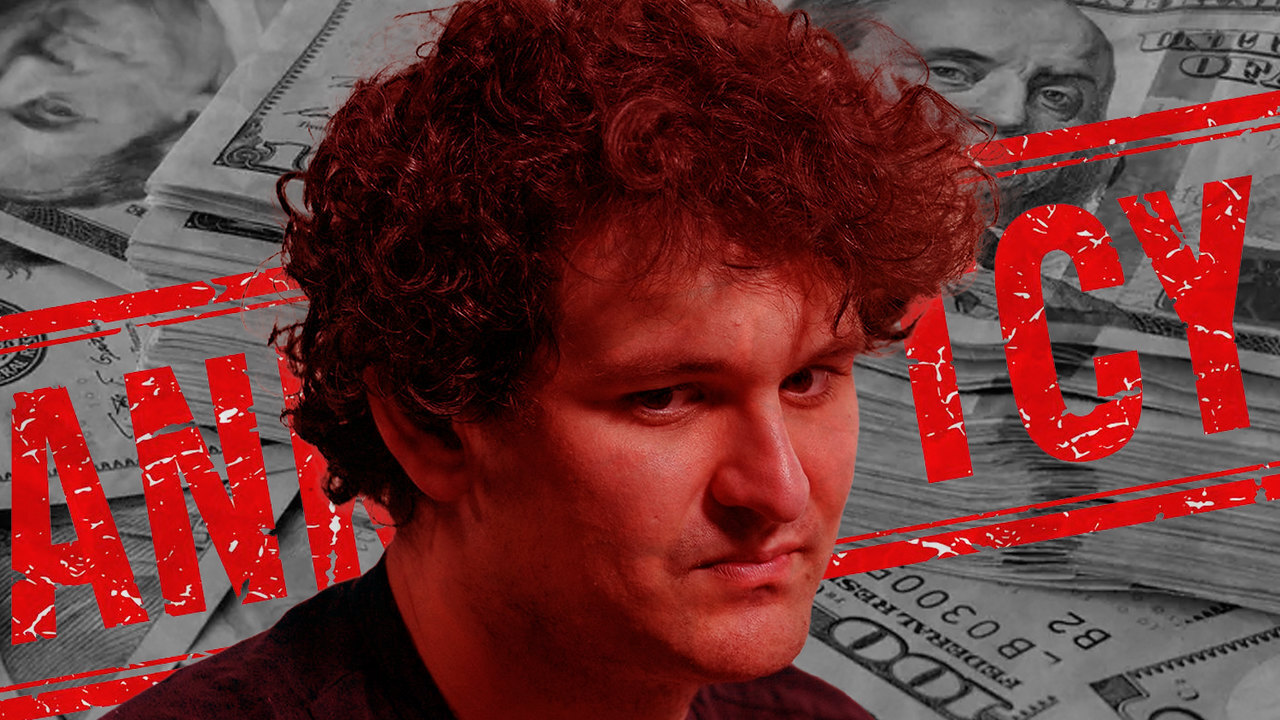No doubt, the story of the rapid downfall of FTX is full of sensational headlines and salacious details. However, one of the more underreported aspects of FTX’s sudden and stunning collapse is the fact that it was a darling of the environmental, social, and governance (ESG) movement.
In short, ESG is the latest craze among woke investors and global elites who are hellbent on replacing shareholder capitalism with what they call “stakeholder capitalism.” For the most part, ESG prioritizes virtue-signaling via subjective metrics over and above traditional tools to evaluate a company’s financial health. Hence, ESG ignores companies’ balance sheets but places a premium on non-financial aspects of a company, such as the diversity of its board, its carbon footprint, or its dedication to left-wing social causes.
So, would you be surprised to learn that FTX, the fly-by-night operation masquerading as a crypto market giant, had a high ESG score even though it was a house-of-cards that bilked billions from unknowing investors? Well, sadly this is the case.
As FTX co-founder Sam Bankman-Fried (SBF) put it himself, “ESG has been perverted beyond recognition.”
“It’s what reputations are made of,” SBF added. “This dumb game we woke westerners play where we say all the right shibboleths and so everyone likes us.”
And there you have it. While SBF’s FTX was garnering rave reviews from those all-in on the ESG bandwagon, he was openly saying that ESG is nothing more than a way to get in the good graces of those who hold great sway over our corrupt, crony-capitalist system.
Although most in the mainstream media are blatantly ignoring the fact that FTX was funneling millions of dollars to powerful Democratic politicians while playing the ESG game like a pro, there are a few who are ringing the alarm bell on the ESG / FTX scam.
For instance, in the aftermath of the FTX collapse, Palantir co-founder Joe Lonsdale told FOX Business, “In practice … ESG is a form of power, and the power becomes captured politically and used towards different ends. And so a huge part of our corporate world, a huge part of the Fortune 500, is virtue-signaling to try to get free resources, to try to get basically rewarded based on the fact that a lot of institutions are now captured by these ESG frameworks.”
“The whole framework of ESG becomes sort of a joke once it gets captured and distorted in these ways, ” Lonsdale continued. “I think ESG itself needs to be checked. There should be multiple frameworks.”
Amen to that!
PHOTO: FTX Bankruptcy. Photo by Bybit. Attribution 2.0 Generic (CC BY 2.0).
Chris Talgo (CTalgo@heartland.org) is the editorial director and a research fellow at The Heartland Institute, as well as a researcher and contributing editor at StoppingSocialism.com.






